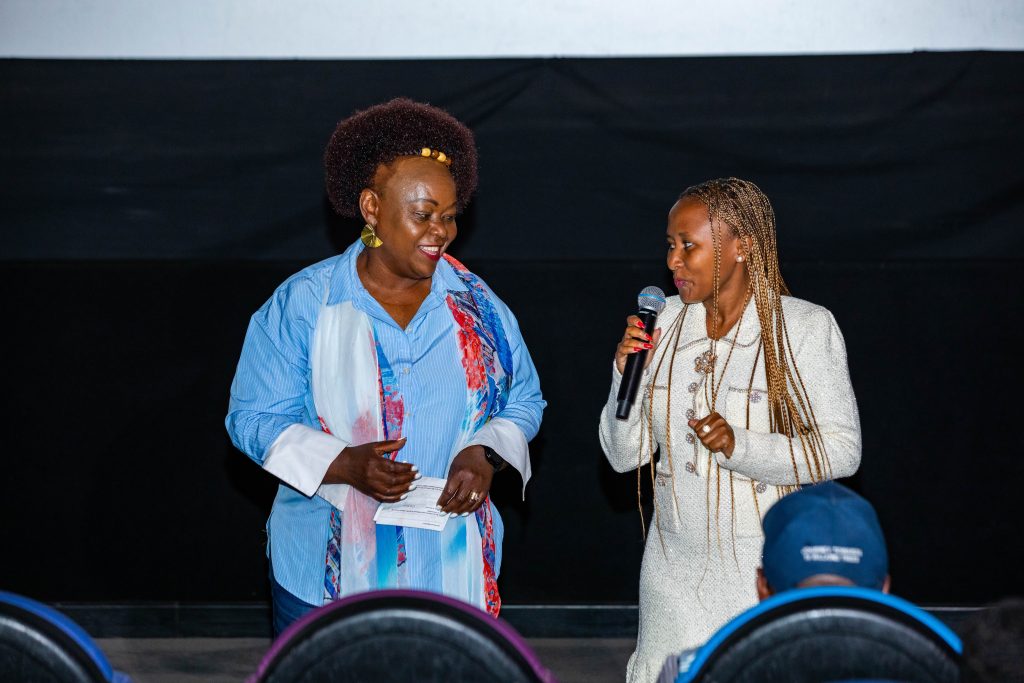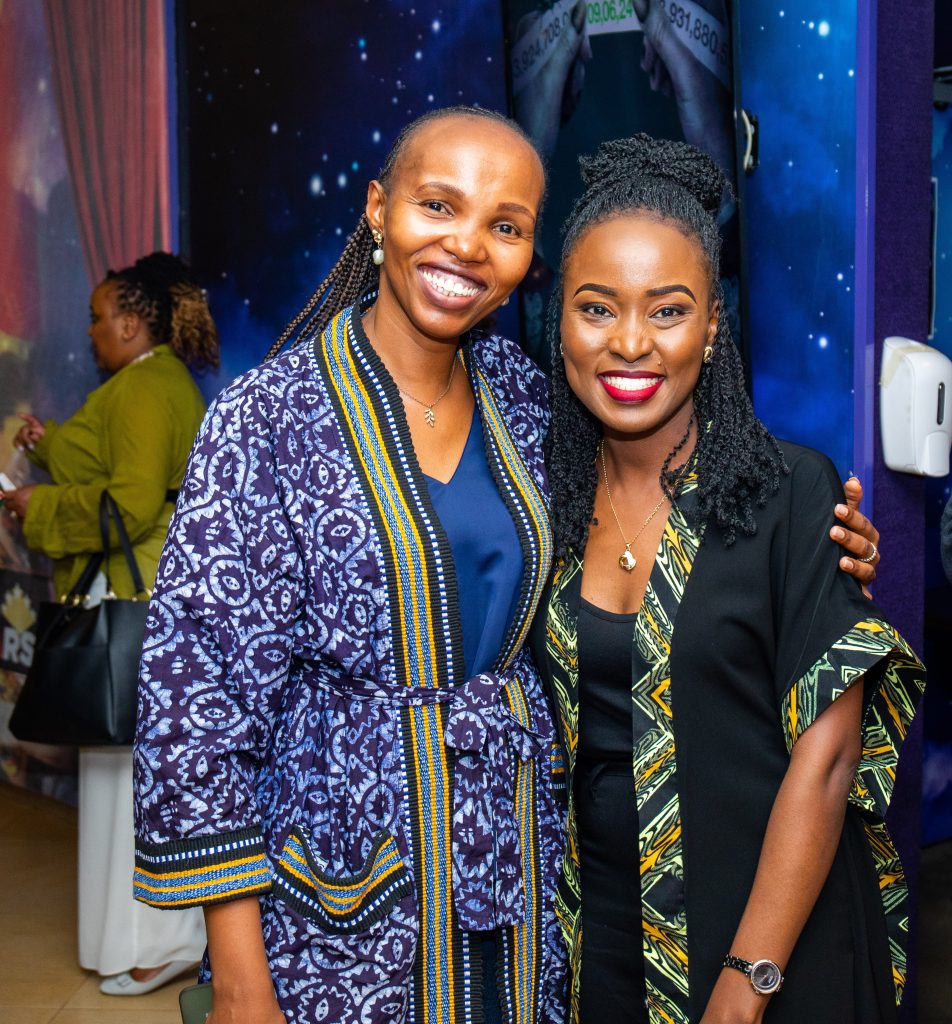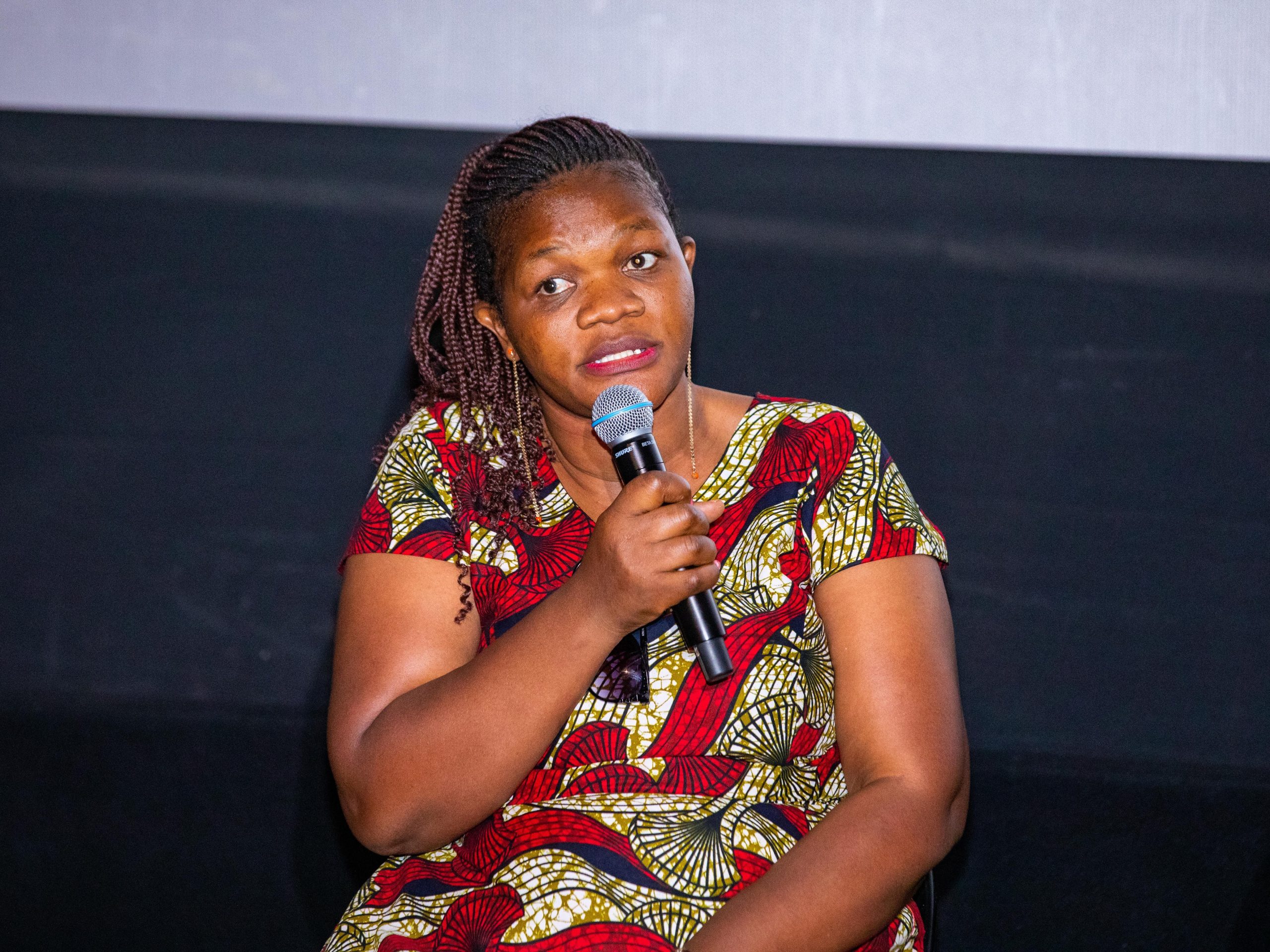Badili Africa, a civil society organization based in Nairobi, has premièred the documentary film, The King Makers: Unseen Faces, Unheard Voices, that aims to shine a light on the largely overlooked contributions of grassroots women leaders.
The important and timely production was screened to a rare reception at the Westgate Cinema, Nairobi. The documentary hopes to raise awareness on the plight of women political mobilizers while advocating for a stronger, more inclusive and secure civic space as an enabler for grassroots women and political aspirants to engage meaningfully in governance.
“Politically active women in Kenya, especially grassroots organizers, often face violence and harassment. These attacks, both in person and online, present significant barriers to their full participation in politics. While existing research has examined violence against political candidates, it largely ignores the essential role of women political mobilizers who are the real behind-the-scenes king makers during election campaigns”, said Bina Maseno, Founder and Executive Director Badili Africa.
According to Maseno, despite their critical roles in mobilizing support for candidates, women mobilizers are rarely seen as essential stakeholders in decision-making processes, with the focus typically devoted to political aspirants and election observers during elections.
In the audience included the Honourables Millie Mabona, Member of Parliament Suba North, Njeri Maina, the Women Representative Kerugoya, and Waithera Chege, Member County Assembly South B Ward. Others were Amb. Dr. Josephine Ojiambo, of the University of Nairobi and Amb. Caroline Vicini of Sweden among other luminaries in Kenya’s civil society, diplomatic and political spaces.

“There is a lot of that goes unspoken in political spaces for women, especially for women candidates and grassroots mobilizers, many who go through harrowing experiences including violence, intimidation and even divorce. This documentary attempts to break the silence and commendably gives a voice to many specific issues affecting women political mobilizers since their role is not institutionalised in our political eco-system”, said Hon. Mabona.
Badili Africa notes that grassroots women leaders in organizations such as chamas and nyumba kumi networks hold the potential to shape Kenya’s political future, but their influence is often unrecognised, unsupported, and untapped. Through their narratives, the film brings to the fore the crucial yet under-appreciated role these women play in shaping electoral outcomes and advancing Kenya’s democracy.
The King Makers: Unseen Faces, Unheard Voices identifies and documents the various forms violence takes against women political mobilizers in elections. The documentary exposes gaps in existing protection mechanisms and proposes actionable solutions to prevent violence against politically active women ahead of the 2027 elections, particularly in marginalized communities and informal settlements.
Caroline Awuor, a woman political mobilizer from Embakasi Central in Nairobi, popular as ‘Mama Yao’ and who is featured in the documentary believes that it is time politicians instituted the change necessary to improve women political participation in the grassroots by recognizing and giving due respect to women political mobilizers in the country.

“As king makers on the ground, we help to redefine political leadership and public representation in this country. We want change where the politicians and leaders in power today don’t just come to us to benefit from our influence in the grassroots, but also advocate for equal participation and resource for us and all. This is vital if we are to achieve inclusive political participation and strengthen the position of women mobilizers in our democratic processes”, said Awuor.
In 2022, Badili Africa conducted case study research that revealed the extent of violence experienced by grassroots women leaders and political mobilizers. The findings underscored the need for increased attention and action to protect women who engage in the political process at all levels.
The documentary is intended to serve as a tool for civic and political education, to inspire more women to engage in political processes and shift from being just brokers of political power, to running for the same offices themselves.
It will be screened at various women leadership meetings across the country, providing a platform for dialogue and action. A brief containing recommendations for a more holistic approach to electoral security and observation will accompany the film.
